Physical Sciences
Explore Physical Sciences
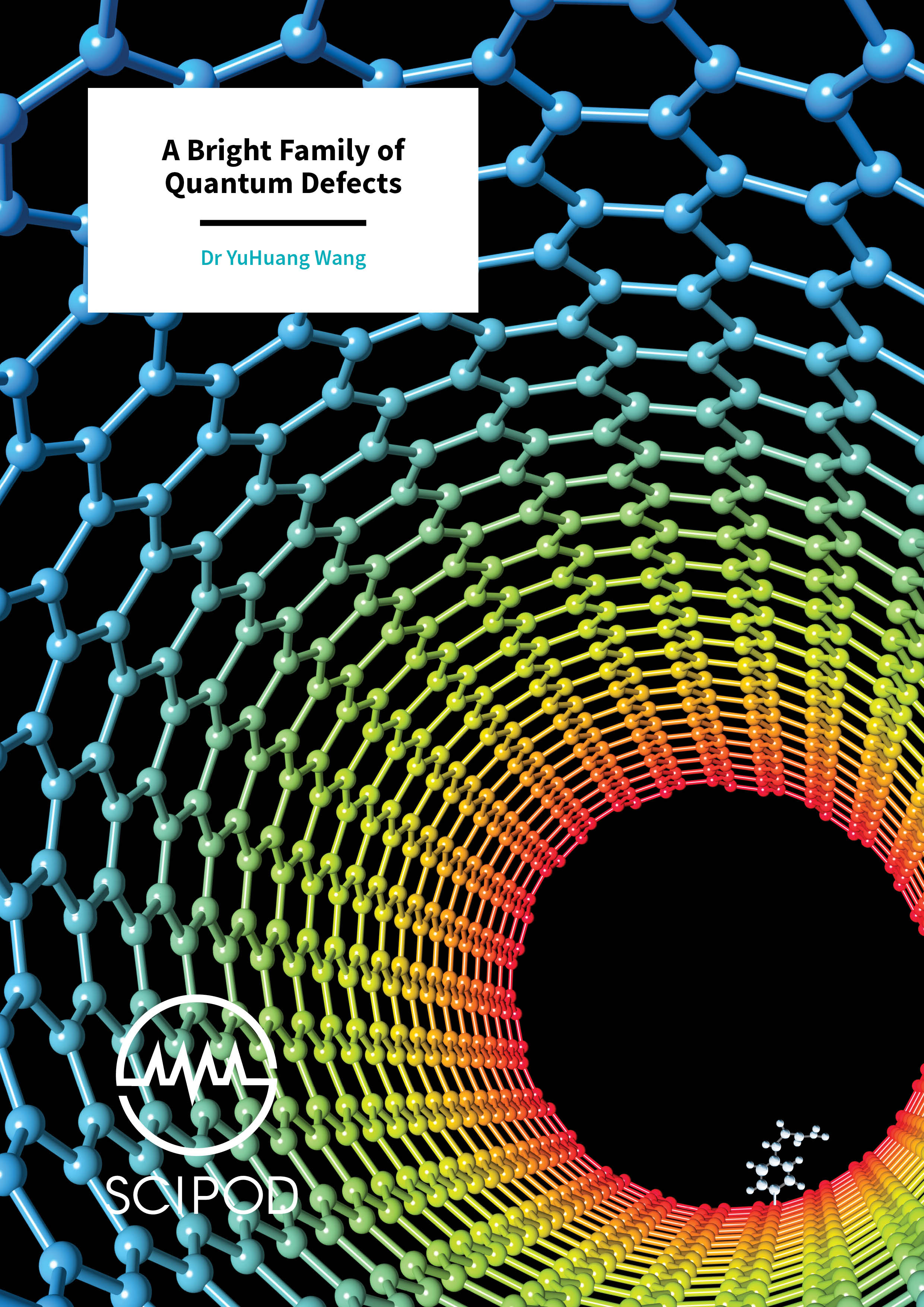
A Bright Family of Quantum Defects – Dr YuHuang Wang, University of Maryland
Carbon nanotubes are a remarkable material – more conductive than copper and stronger than steel, yet just a billionth of a metre wide. Their application has already...
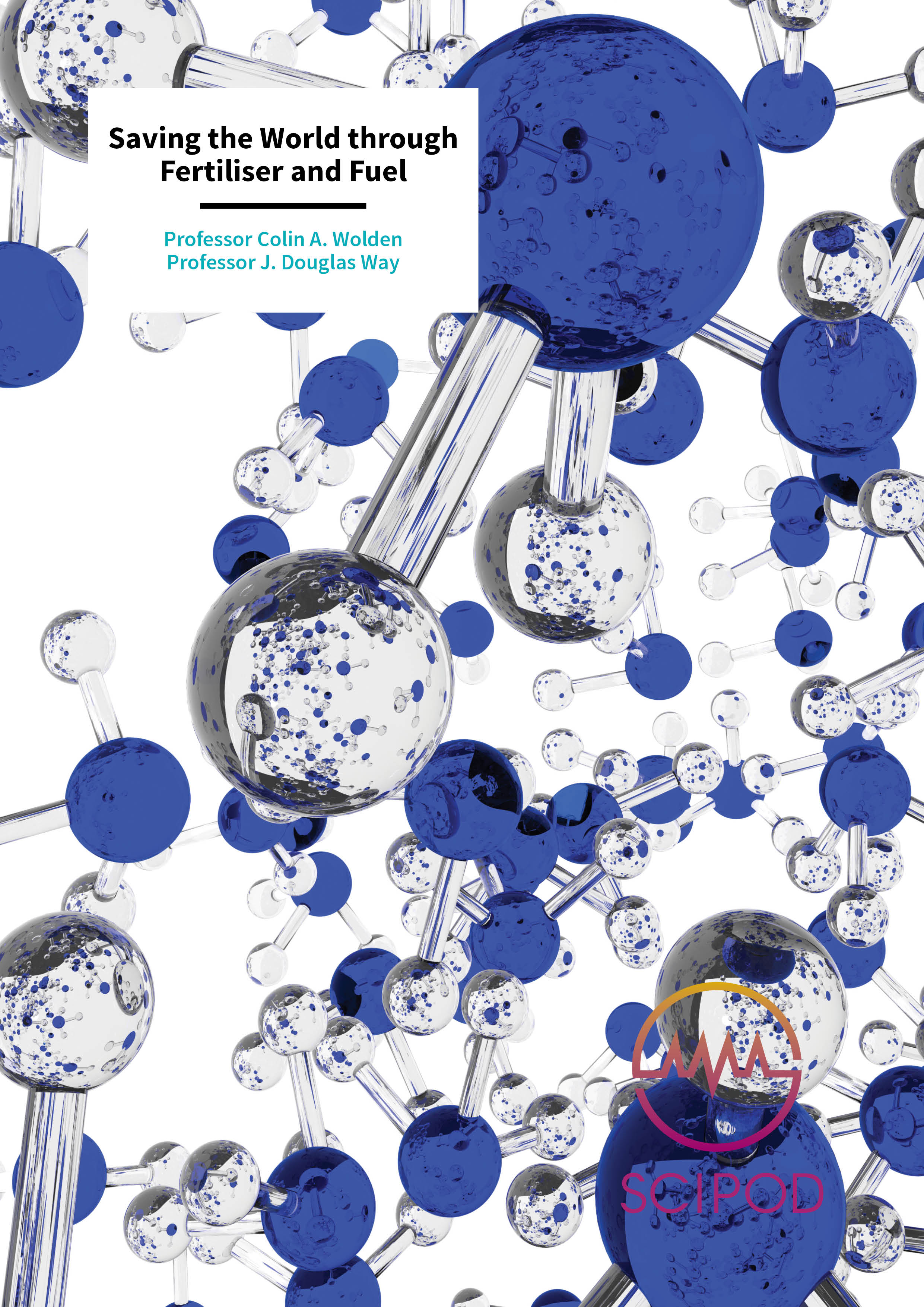
Saving the World through Fertiliser and Fuel – Professors Colin A. Wolden and J. Douglas Way, Colorado School of Mines
At the turn of the century, two unassuming chemists collaborated on the seemingly mundane task of converting nitrogen and hydrogen into ammonia. At the end of their...
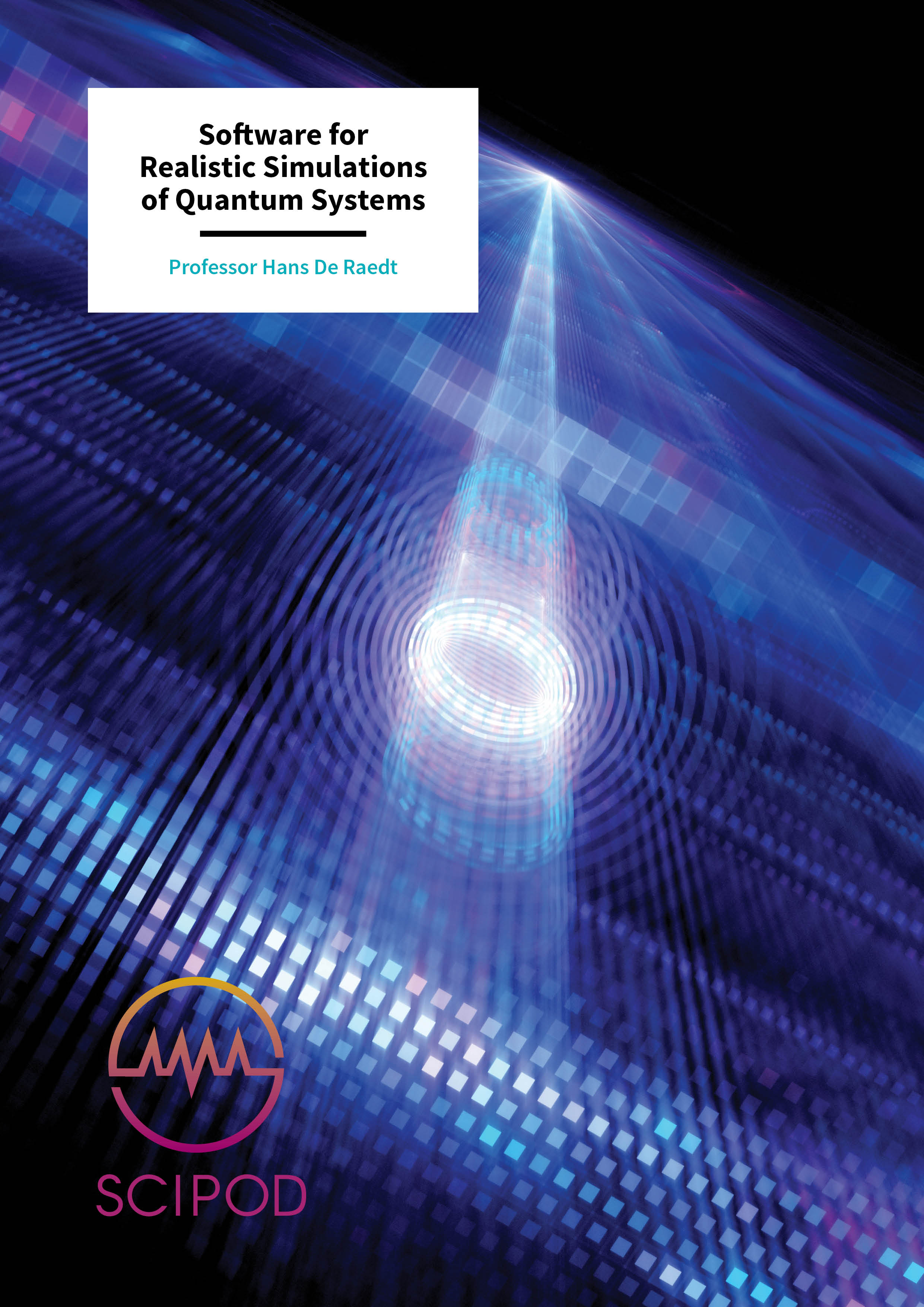
Software for Realistic Simulations of Quantum Systems – Professor Hans De Raedt, University of Groningen
The potential capabilities of universal quantum computers have many of us excited, but there’s one problem – we aren’t close to building complex, functional quantum...
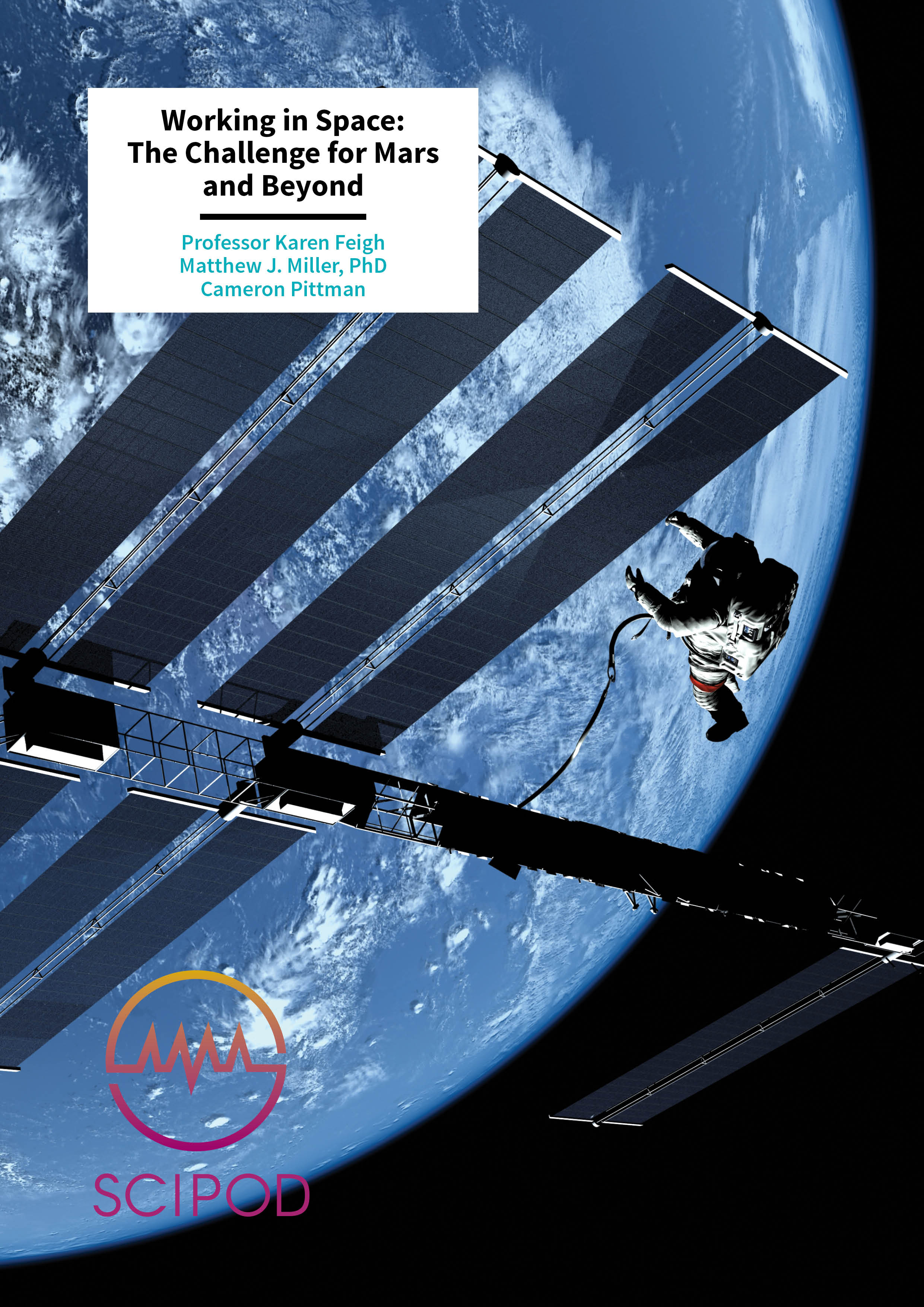
Working in Space The Challenge for Mars and Beyond – Karen Feigh, Matthew J. Miller and Cameron Pittman
Professor Karen Feigh and Dr Matthew Miller from the Georgia Institute of Technology examine what support will be required when astronauts need to work outside in deep...
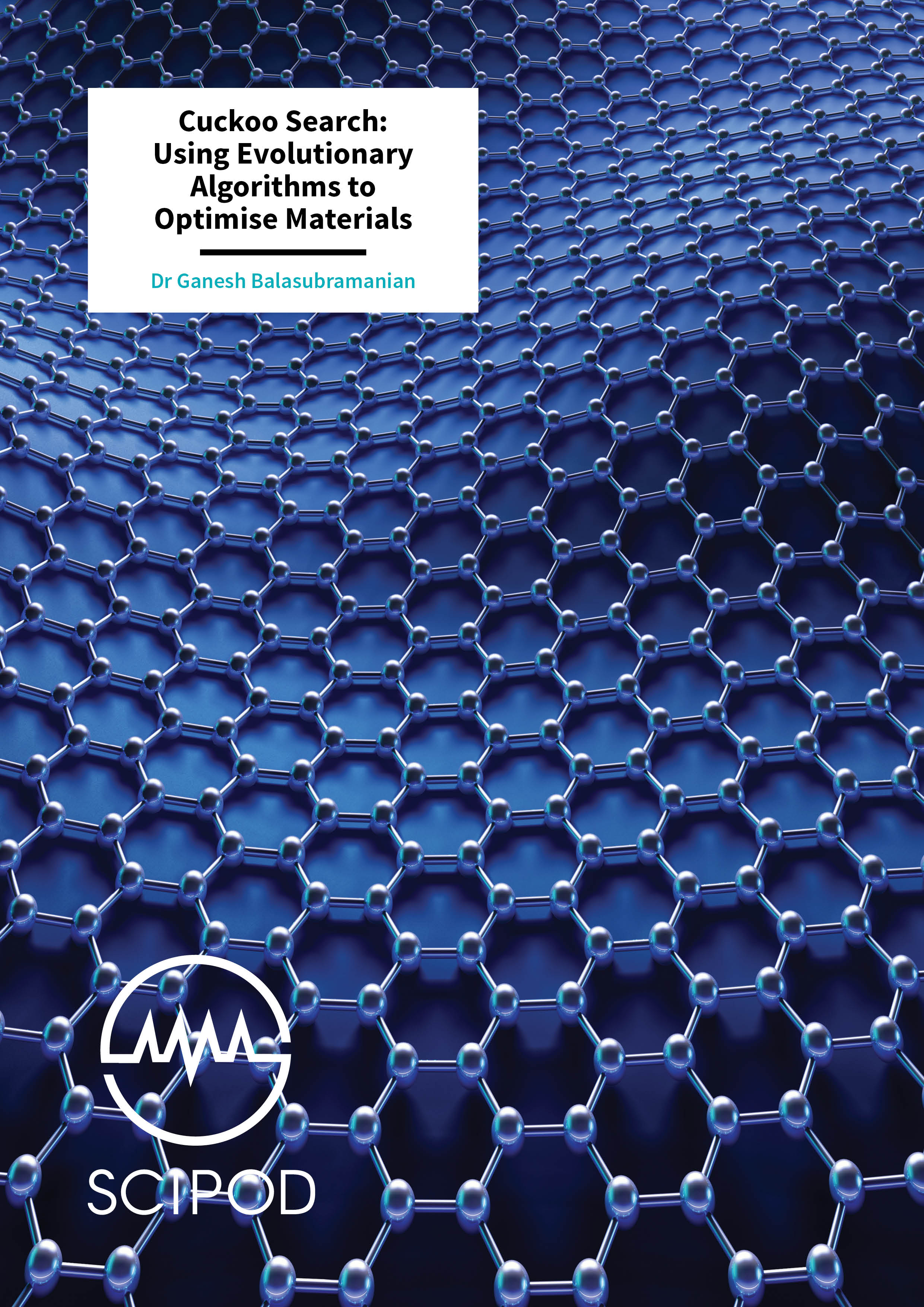
Cuckoo Search Using Evolutionary Algorithms to Optimise Materials – Dr Ganesh Balasubramanian, Lehigh University
From the metal in our cars to the circuits in our phones, the materials we use in our everyday lives can be meticulously engineered on a molecular scale to suit our...
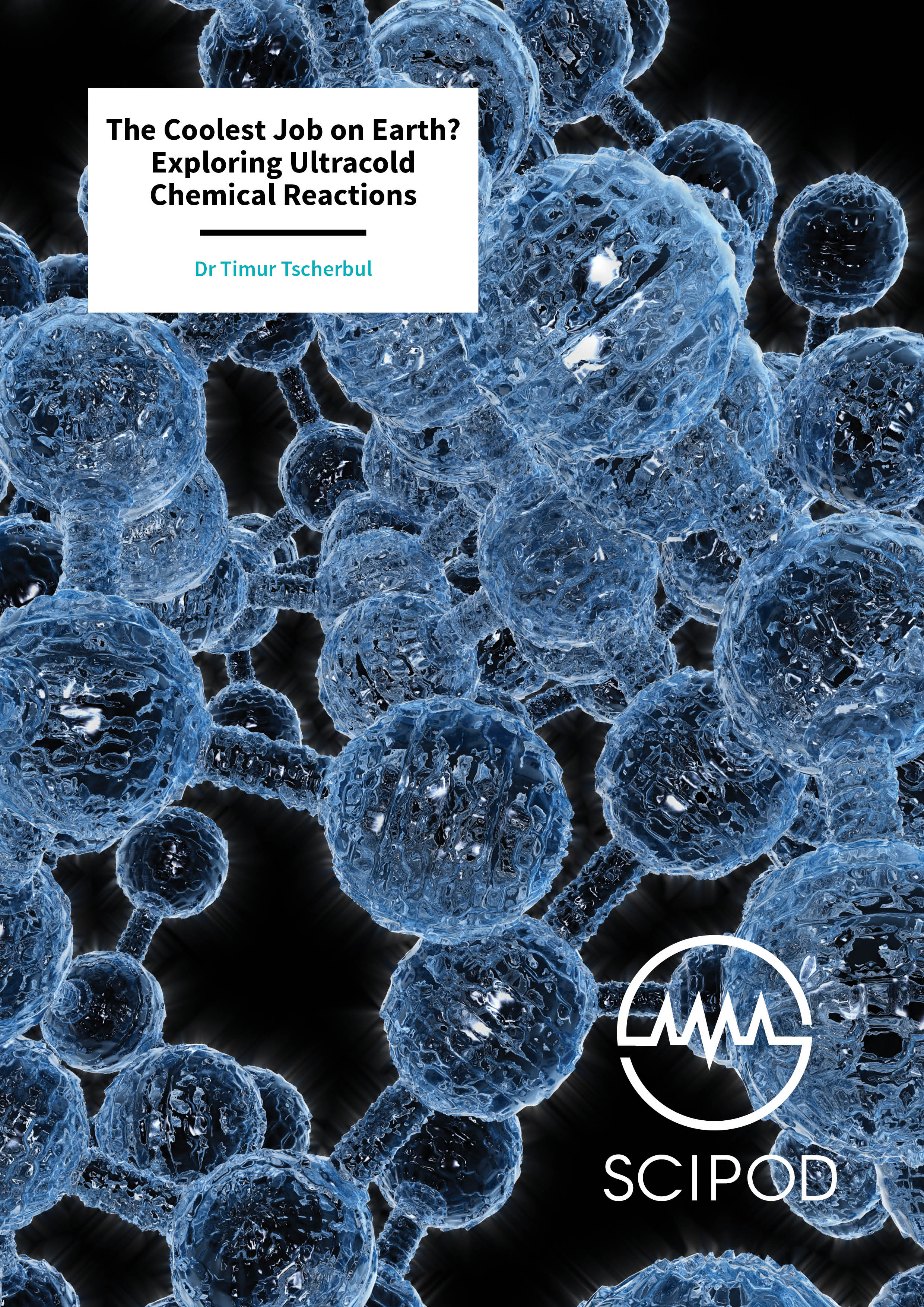
The Coolest Job on Earth Exploring Ultracold Chemical Reactions – Dr Timur Tscherbul, University of Nevada, Reno
Algorithms are everywhere. From the targeted ads that flood your Facebook feed, to the split-second decision making of self-driving cars, they can be surprisingly...
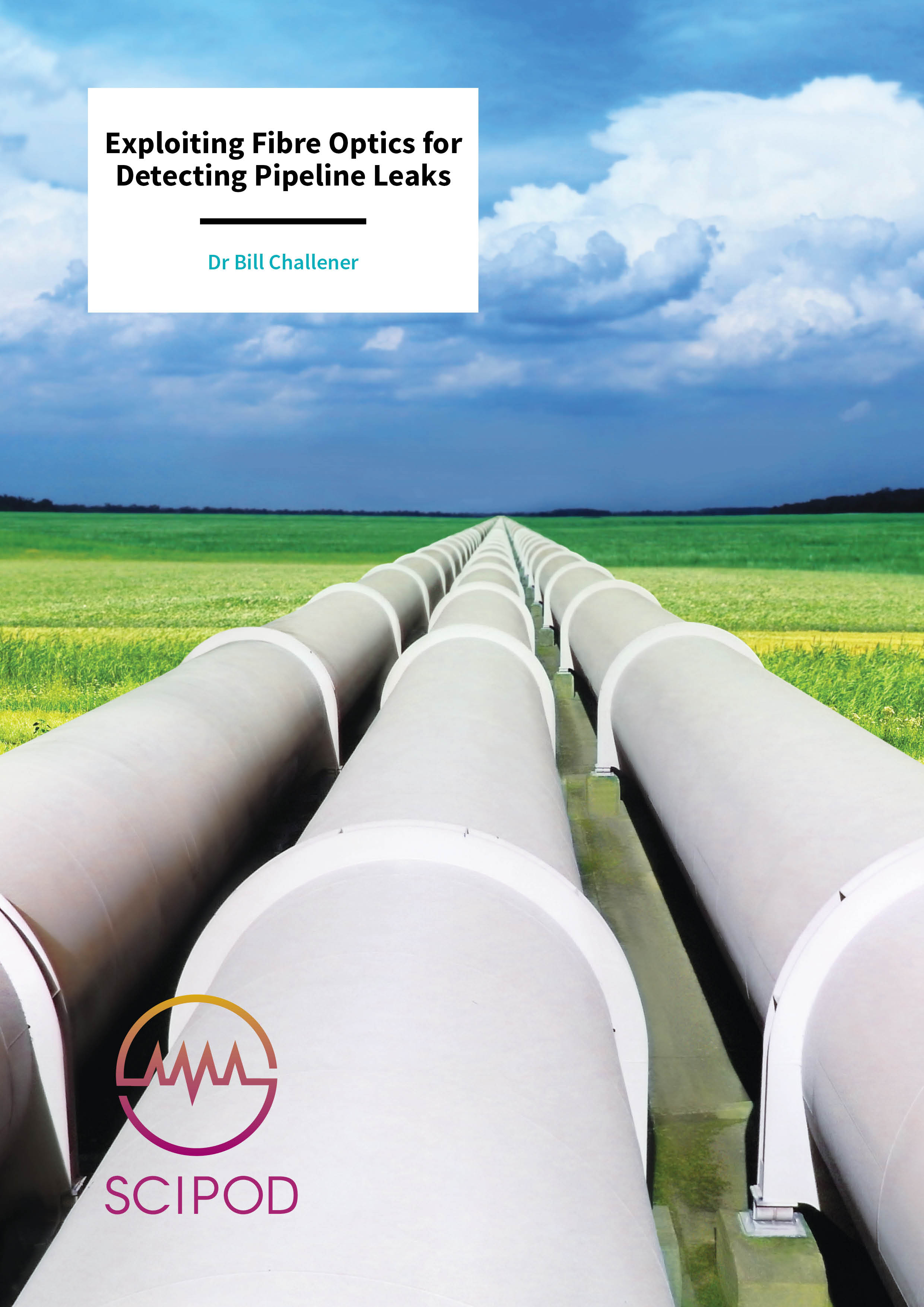
Exploiting Fibre Optics for Detecting Pipeline Leaks – Dr Bill Challener, GE Global Research
Original Article Reference https://doi.org/10.33548/SCIENTIA80 Share Episode About this episodeSome of the best ideas in science are ones that seem completely...
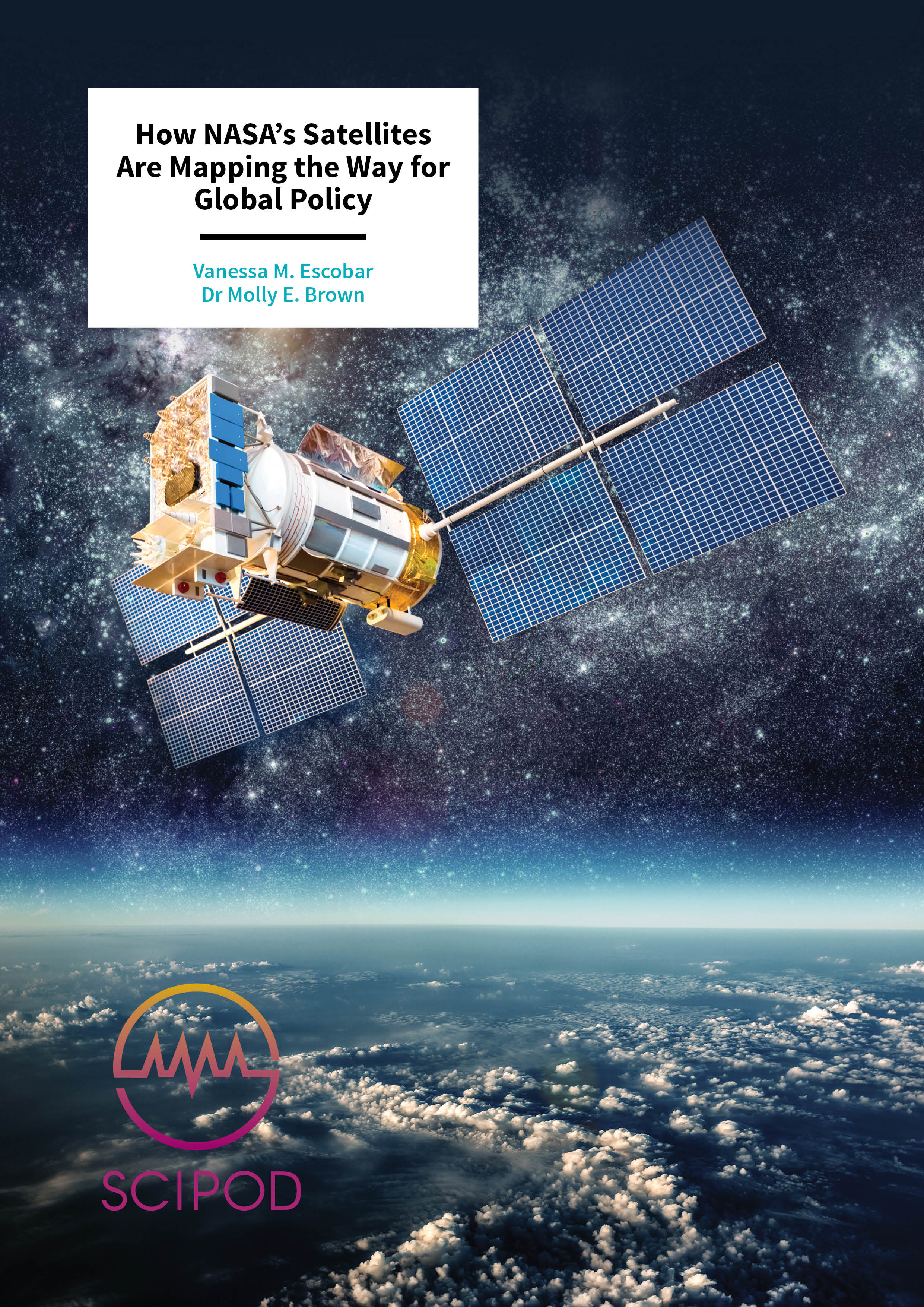
How NASA’s Satellites Are Mapping the Way for Global Policy – Vanessa M. Escobar and Dr Molly E. Brown
NASA’s satellite technologies have provided a wealth of data about the planet, and can be tailored into usable products to support major decision makers across the...
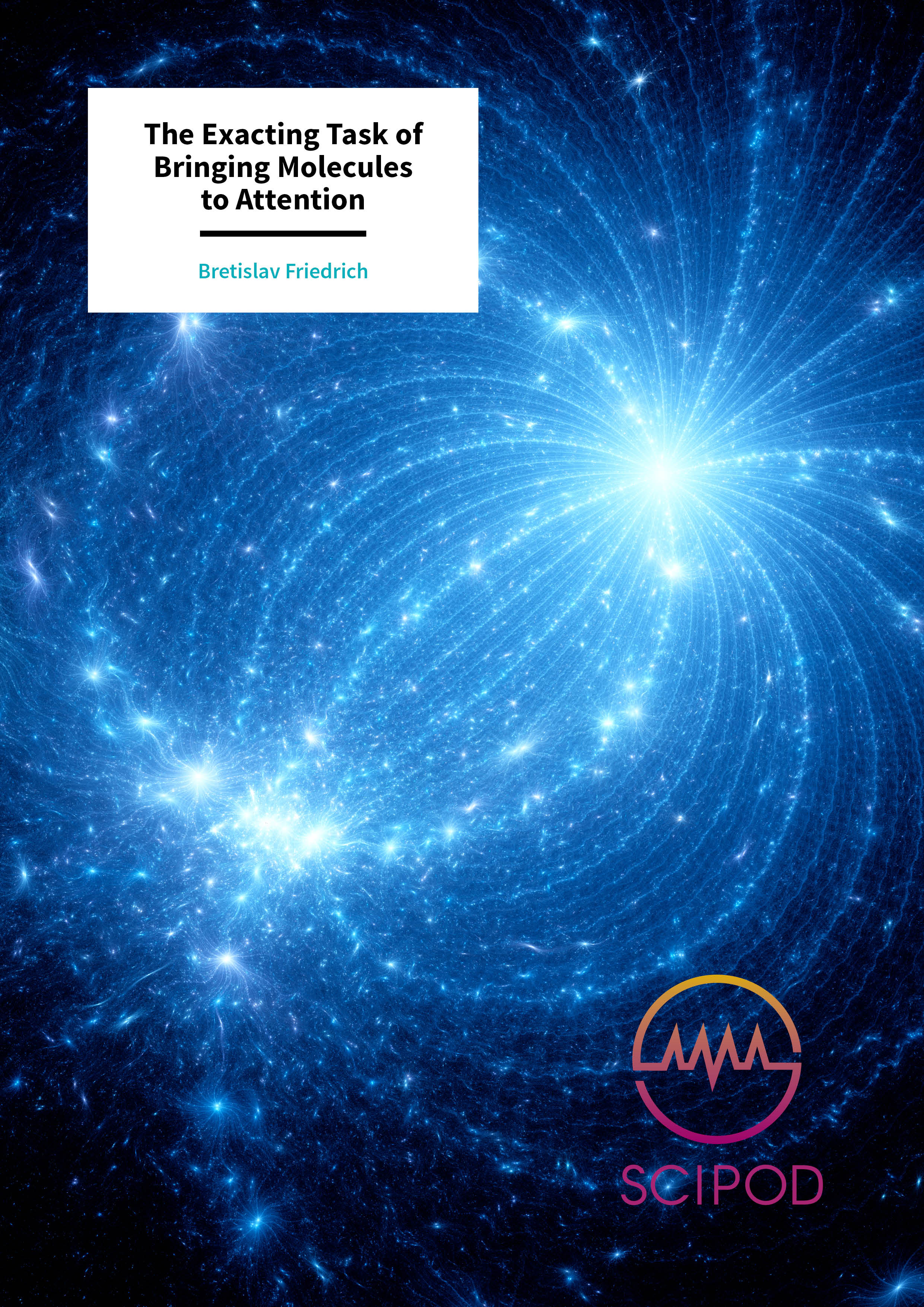
The Exacting Task of Bringing Molecules to Attention – Bretislav Friedrich, Fritz Haber Institute of the Max Planck Society
Molecules are relentlessly dynamic – vibrating, cartwheeling, and zigzagging in a restless hustle. In order to study molecular properties and interactions, their...
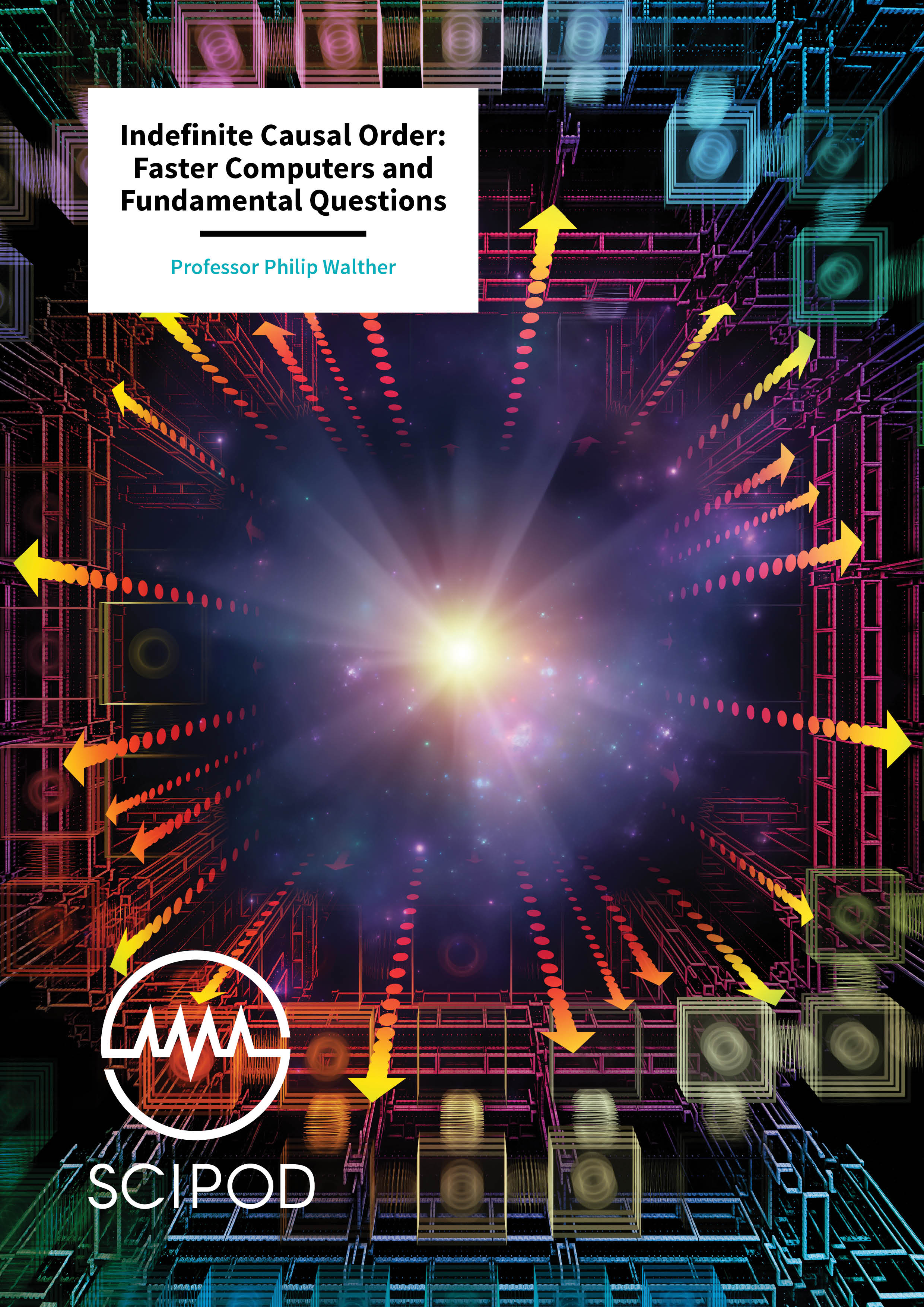
Indefinite Causal Order, Faster Computers and Fundamental Questions – Professor Philip Walther, University of Vienna
Quantum mechanics has greatly improved the speeds at which computers make calculations, but new research shows that quantum computers can be made to run even faster....
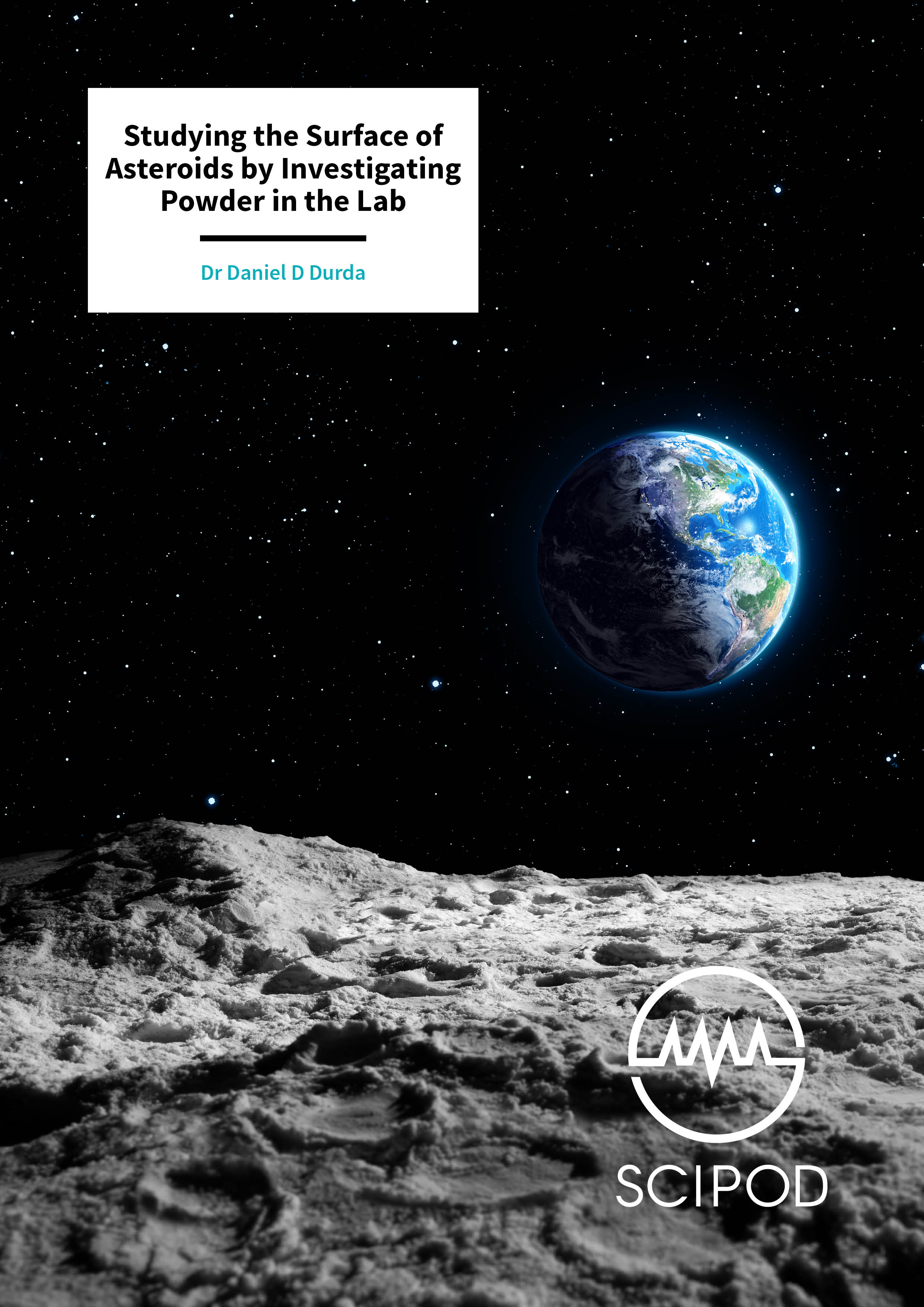
Studying the Surface of Asteroids by Investigating Powder in the Lab – Dr Daniel D Durda, Southwest Research Institute
Space scientist Dr Dan Durda and his team at the Southwest Research Institute in Boulder, Colorado, are working to understand how the planets in our Solar System...
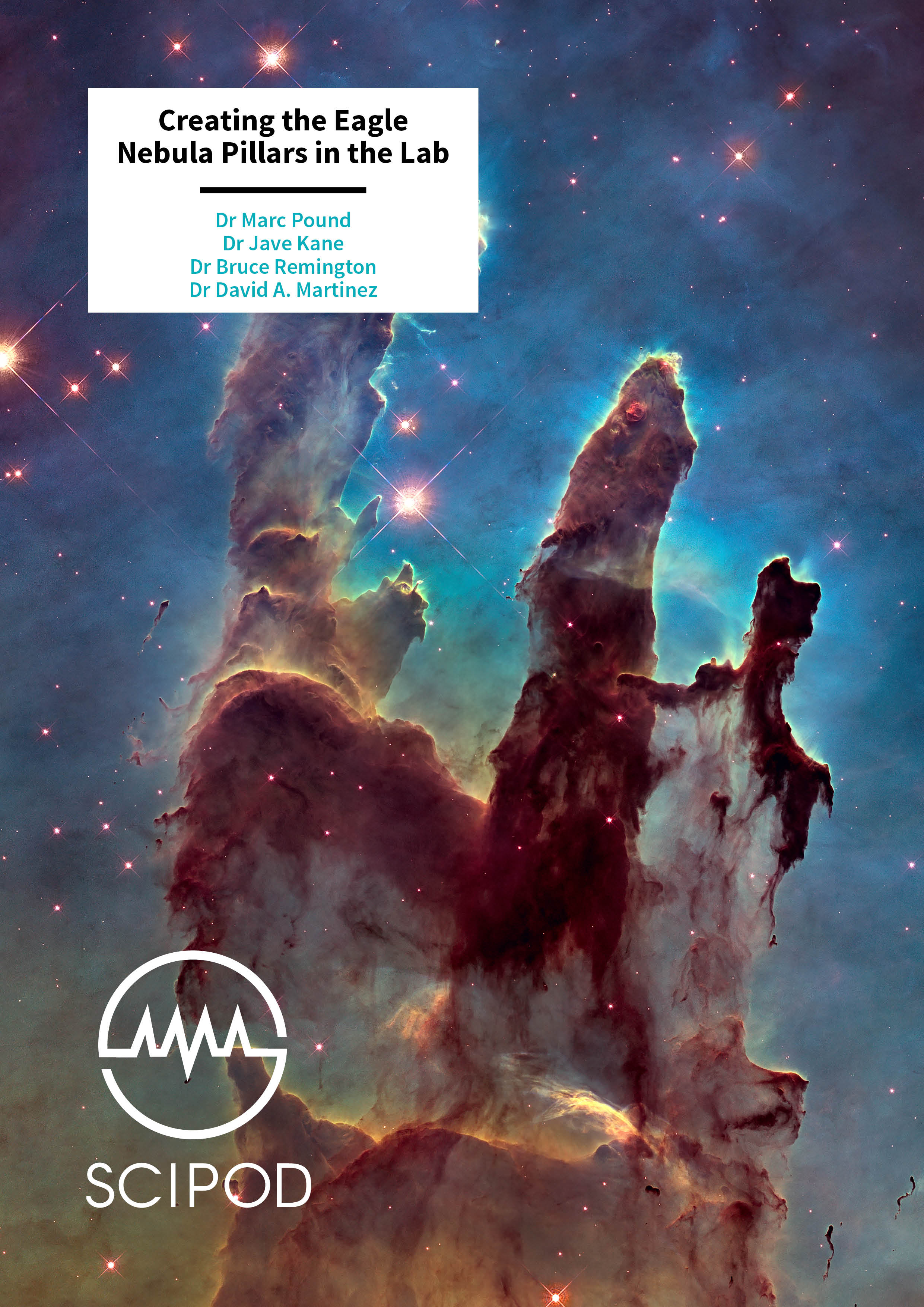
Creating the Eagle Nebula Pillars in the Lab – Drs Marc Pound, Jave Kane, Bruce Remington, David A. Martinez
The ‘Pillars of Creation’ is one of the most iconic images ever taken by the Hubble Space Telescope, but the processes that formed these colossal tendrils of the Eagle...
Increase The Impact Of Your Research!
Explore partnership opportunities
Unwind without the hassle. Enjoy fresh audiobooks, delivered free!
